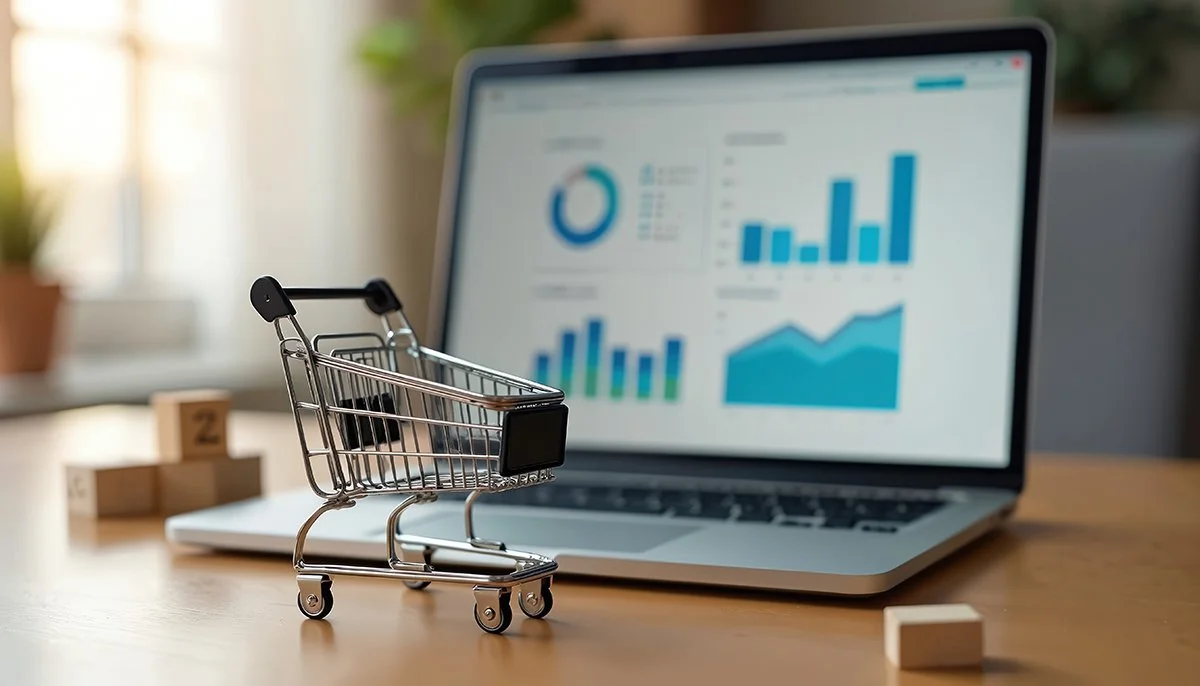Questions Vendors Should Be Ready to Answer from Retail Merchant (Buyers)
When pitching products or managing existing retail programs, vendors face a well-informed audience: retail buyers. These buyers live and breathe data, planning, and performance metrics. If you want to build trust, accelerate product listings, and strengthen your strategic partnerships, you need to be ready to answer the right questions — clearly, confidently, and backed by insight.
In other words, retail data and retail strategy consulting aren’t just nice-to-haves; they’re essential to how retail merchants make decisions. Below are the core question areas retail buyers will often probe — and why preparation in each is key.
1. How Does Your Data Support Your Strategy?
Buyers expect you to show more than enthusiasm — they want hard numbers. Questions around retail analytics, U.S. retail analytics, and retail solutions typically focus on past performance, forecasting models, and how your product fits into category trends.
Be prepared to share:
Sell-through data, velocity, and margin contribution.
Market size and growth forecasts supported by reliable retail data.
How your retail order management processes reduce out-of-stocks or improve on-time delivery.
This is where retail strategy consulting can provide structure: clean dashboards, predictive modeling, and a story that connects your data to a retailer’s objectives.
2. What’s Your Plan for Managing the Account Day-to-Day?
Retailers care deeply about execution. Retail account management is not just about answering emails; it’s about ensuring the store experience reflects the brand promise. Buyers will want to know how you handle promotions, logistics, deductions, and supply disruptions.
A strong answer includes:
A clear structure for end to end account management.
Defined service levels and escalation processes.
How your account management consulting framework ensures consistent communication and reporting.
Buyers want partners, not vendors. Showing a sophisticated retail account management structure demonstrates maturity and reliability.
3. How Does Your Pricing Compare in the Market?
Every buyer wants to understand how competitive your offer is. They will ask about comparison shopping, or as it’s commonly called, comp shopping. If you’re not ready to explain what is comp shopping and how your team uses it, you’re already behind.
You should be able to outline:
Your comp shopping methodology.
Key price benchmarks by channel.
How promotions align with category trends.
Strong pricing intelligence shows buyers you’re proactive, not reactive.
4. How Do You Launch and Scale New Products?
Retailers love innovation — but only when it’s backed by operational readiness. Questions around new product introduction, product management consulting, and product consulting are designed to gauge how well you can scale.
This is your chance to highlight:
Forecasting and launch plans supported by consumer products consulting.
Marketing programs, display strategies, and timelines.
Lessons learned from previous launches.
Top product consulting companies help brands define timelines, manage inventory buffers, and communicate value in a way that aligns with retail calendars.
5. How Will You Execute at the Shelf?
Visual merchandising matters. Retailers will ask you to explain your in-store execution strategy — and that means being fluent in plan o grams.
A buyer might directly ask what is a planogram or what is a planogram. You should be ready to define planograms, explain what are planograms, and even discuss planogramming strategies at scale.
Whether you call it a plan o gram or a planogram, the core idea is the same:
It’s a visual map of where every SKU lives on the shelf.
It ensures consistency across stores.
It directly impacts sell-through rates and category performance.
The best suppliers bring not only a planogram, but a story: why this placement works, how it maximizes velocity, and how it makes the buyer’s job easier.
6. How Are You Going to Stay Competitive Over Time?
Retailers want partners who think long term. That means:
Data that evolves with category trends (U.S. retail analytics).
Operational excellence through retail order management and logistics visibility.
Pricing intelligence through comp shopping programs.
Continuous improvement through product consulting and merchandising optimization.
When you can confidently answer these questions, you position yourself not just as a supplier — but as a strategic partner.
Final Thoughts
Every buyer meeting is a chance to build credibility. Coming prepared with retail data, structured retail solutions, and clear strategies around account management consulting, pricing, new product introduction, and plan o grams makes all the difference.
The most successful vendors treat these conversations like they’re part of a retail strategy consulting engagement: anticipate the questions, lead with retail analytics, and provide practical solutions that help buyers hit their goals.
If your team needs help building out these capabilities — from comp shopping frameworks to planogramming execution — partnering with experienced product consulting companies can help elevate your position in the market and deepen your retail relationships.

